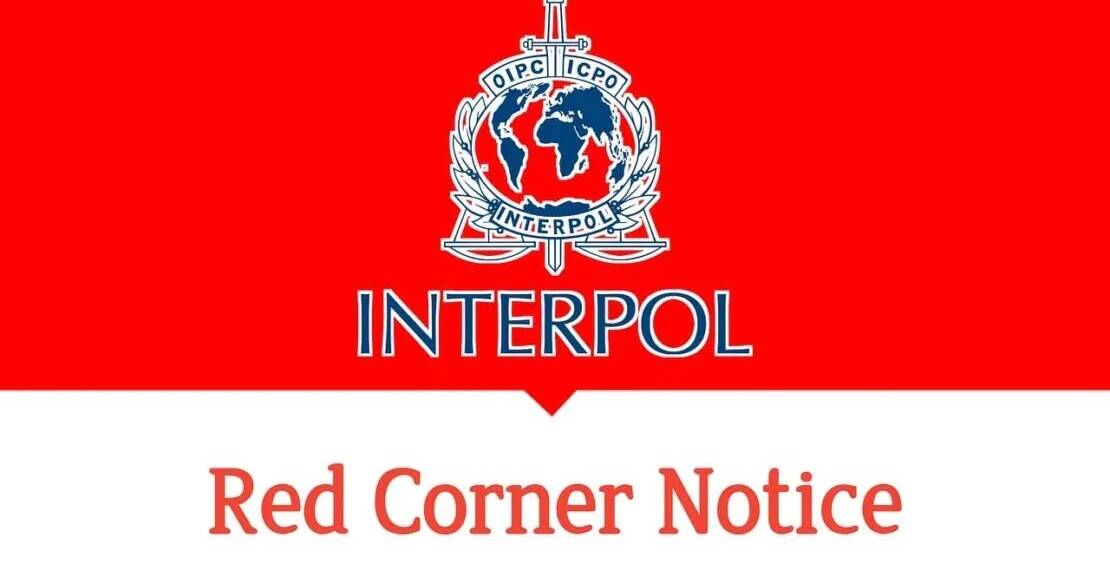Interpol’s updated Red Corner Notices list draws attention to how states use this tool to target individuals across borders. Though intended for locating fugitives accused of serious crimes, Red Notices are sometimes misused for political, economic, or strategic purposes. This misuse can lead to reputational damage, wrongful detentions, and legal complications that extend beyond national borders.
This article outlines how Red Notices work, who is at risk, which countries file the most requests, and what legal responses are available.
What Is a Red Corner Notice?
Alt: Red Corner Notices
A Red Corner Notice is Interpol’s method of alerting member states to locate and provisionally detain a person pending extradition. While not an international arrest warrant, it often results in immediate detention at airports or borders, bank account freezes, and complications in international travel and commerce. Each notice includes the individual’s identity, alleged offense, and the legal basis for the extradition request.
Who Gets Listed?
Red Notices are intended for those charged with crimes such as terrorism, money laundering, drug trafficking, and organized crime. However, the system is also used against political dissidents, exiled entrepreneurs, human rights defenders, and even journalists. Individuals may be listed based on politically motivated charges or without credible evidence. In some cases, governments use Red Notices to exert pressure or retaliate against opponents living abroad.
Which Countries Request the Most Notices?
While all Interpol member states can request Red Notices, a handful of countries file them disproportionately. States with weak rule of law — such as Russia, Turkey, China, and several Middle Eastern governments — are frequently cited for abusing the system. Watchdog groups have documented cases in which individuals were listed based on vague charges, flawed trials, or without legal representation.
These practices raise questions about oversight and fairness within Interpol’s processes. Although the organization has introduced reforms, including stronger review mechanisms through the Commission for the Control of Interpol’s Files (CCF), challenges remain.
Impact on Individuals and Companies
Being listed in a Red Notice can have immediate and long-lasting consequences. Individuals may face arrest when crossing borders, lose access to financial services, and suffer damage to their careers and public standing. Even in the absence of legal merit, a Red Notice can cause suspicion and hesitation among potential partners, clients, or employers.
For companies, the risks are even broader. If a CEO or key shareholder is named in a Red Notice, entire operations may come under scrutiny. Financial transactions can be delayed or rejected, business licenses questioned, and reputation harmed. Compliance departments often respond by terminating relationships or halting expansion plans to avoid regulatory entanglements.
How Interpol Lawyers Can Help
Interpol Lawyers play a vital role in protecting clients from the consequences of politically or improperly motivated notices. Their work includes:
- Preparing and submitting removal requests to the CCF with supporting evidence
- Identifying due process violations or signs of political persecution
- Seeking protective measures from national courts to prevent arrests or asset freezes
- Assisting in reputation management and deletion from private compliance databases
The legal process requires knowledge of international law, Interpol procedures, and coordination with multiple jurisdictions.
Final Remarks
Red Corner Notices can serve legitimate public safety goals, but their misuse can severely impact the lives and livelihoods of innocent individuals. Understanding how these notices function — and how to fight back when necessary — is essential for anyone at risk. With swift legal intervention and a well-prepared defense, it is possible to challenge wrongful listings, restore reputations, and limit long-term damage.








